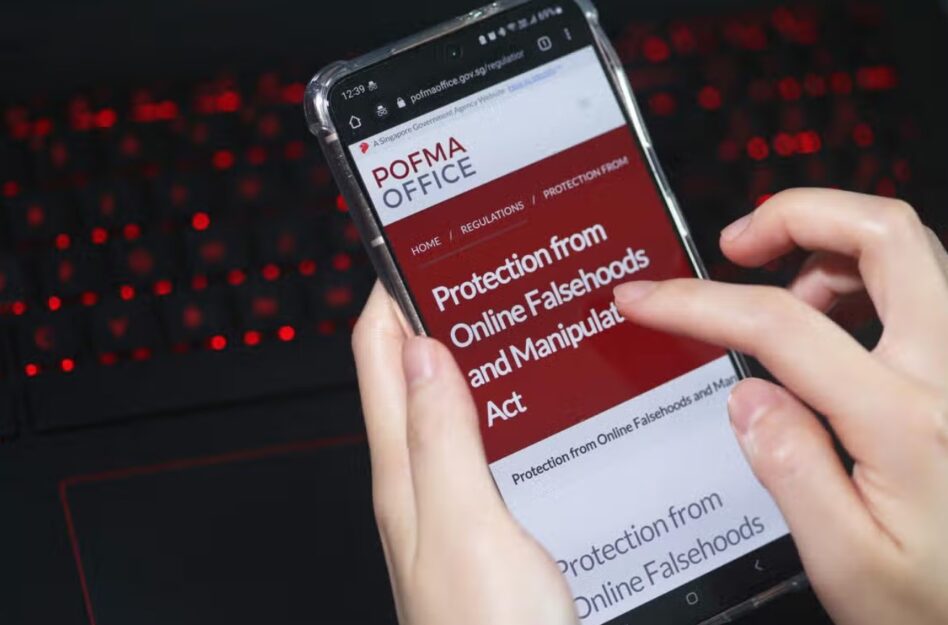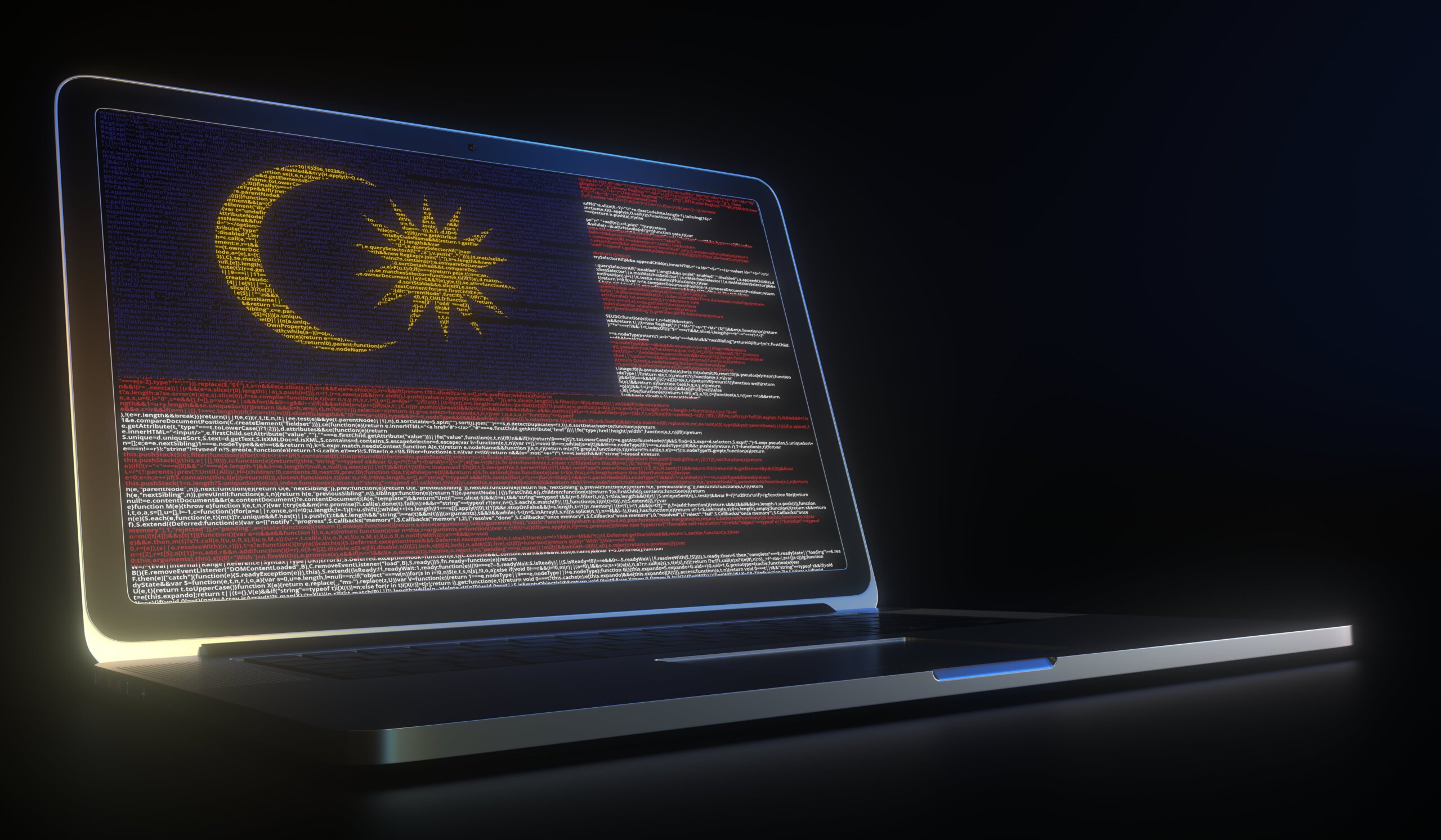IN today’s hyperconnected world, misinformation spreads faster than verified facts, posing significant threats to national security, democratic stability, and public trust.
For a diverse, multi-ethnic and digitally engaged country like Malaysia, the consequences of unchecked disinformation can be particularly severe.
From polarising communities to undermining public institutions, misinformation has become a strategic challenge that demands a comprehensive national response.
Globally, misinformation has been weaponised for political influence, economic disruption, and geopolitical advantage. Malaysia is not immune to these risks.
It is imperative that the country develop a robust, future-ready strategy to combat the growing threat of disinformation by learning from international best practices and tailoring them to local contexts.
Finland: Media literacy as a national defence tool
Finland is widely recognised as one of the most misinformation-resilient nations, and much of its success stems from a strong foundation in media literacy.
Finnish students are taught from an early age to critically evaluate information, understand propaganda techniques, and spot disinformation.
Media literacy is not confined to classrooms it extends into civil society, libraries, newsrooms, and public institutions through coordinated campaigns.
Malaysia would benefit from adopting a similar, whole-of-society approach. Embedding media literacy in the national curriculum, supported by public awareness initiatives in multiple languages, would equip citizens to think critically about the information they consume online.
In a multicultural society, these programmes must be culturally sensitive and accessible across all regions and communities.
Singapore: The role of legal frameworks

Singapore’s approach to misinformation includes legislative tools such as the Protection from Online Falsehoods and Manipulation Act (POFMA).
Enacted in 2019, this law empowers government authorities to swiftly correct or remove false online content that could threaten public order or national security.
The model has been effective in curbing the spread of falsehoods, but it has also drawn criticism for the potential to curb legitimate dissent.
Malaysia previously experimented with the Anti-Fake News Act in 2018 but repealed it over concerns about freedom of expression.
Moving forward, Malaysia should consider enacting new legislation that strikes a balance addressing malicious disinformation especially that linked to foreign interference or incitement while ensuring transparency, judicial oversight, and safeguards for civil liberties.
Any legal measures must be administered in a manner that earns public trust, avoids political misuse, and supports open democratic discourse.
The United Kingdom: Early detection and crisis response
The UK offers a model of institutional readiness through the National Security and Online Information Team (NSOIT), formerly the Counter Disinformation Unit.
This government entity monitors digital misinformation trends, works with technology platforms, and coordinates cross-departmental responses, especially during national crises like pandemics or elections.
Malaysia could benefit from creating a similar independent body perhaps an “Information Integrity Centre” tasked with real-time monitoring, threat analysis, and rapid response to viral falsehoods.
Using artificial intelligence and multilingual capabilities, the centre could detect misinformation in various local languages and dialects, issue public alerts, and support media literacy campaigns.
For such a centre to be credible, it must operate independently, transparently, and without political bias.
Australia: Community-driven media literacy
Australia’s approach emphasises public education and grassroots involvement over legal enforcement.
Programmes such as Newshounds, which trains schoolchildren to critically assess digital news, and local library-led workshops on misinformation detection, reflect a strong focus on empowering citizens at the community level.
Malaysia’s rich network of religious institutions, community associations, and civil society organisations can be powerful allies in a similar effort.
Training community leaders, educators, and influencers to spread media literacy and verify information could significantly improve public awareness.
These trusted figures can help reach populations that may be sceptical of government sources or lack access to reliable information, especially in rural and underserved areas.
Strategic recommendations for Malaysia
To counter the evolving threat of misinformation, Malaysia must adopt a multi-pronged strategy grounded in education, technology, legislation, and diplomacy.
First, media literacy must be prioritised for all age groups by embedding it into school curricula and extending outreach to adults through public campaigns, community workshops, and accessible online resources in multiple languages.

This will empower citizens with the critical thinking skills needed to navigate digital information responsibly.
Second, Malaysia should establish an independent monitoring agency an information integrity centre that is non-partisan and equipped to identify, analyse, and respond to disinformation in real time.
This centre should work closely with media outlets, tech platforms, and civil society to ensure rapid, coordinated responses to viral falsehoods.
Third, the government should introduce clear and balanced legal frameworks to address malicious misinformation while safeguarding freedom of expression.
Legislation should include transparent enforcement processes, judicial oversight, and mechanisms for public accountability to avoid misuse.
Fourth, community engagement is essential; local institutions, religious leaders, educators, and influencers should be mobilised to spread verified information and counter disinformation, especially in rural and underserved regions where trust in official sources may be lower.
Finally, Malaysia must invest in regional cooperation and technological accountability by working with ASEAN partners to monitor cross-border disinformation campaigns and collectively pressure social media companies to ensure greater transparency and responsibility in content moderation across Southeast Asia.
Conclusion
Misinformation is no longer a peripheral issue it is a central challenge to national security, democratic integrity, and social stability. As a vibrant and digitally engaged society, Malaysia cannot afford to be reactive.
The country must act decisively, learning from international examples like Finland’s educational strength, Singapore’s legal framework, the UK’s monitoring capabilities, and Australia’s community outreach.
By building an inclusive, rights-respecting, and future-proof information defence strategy, Malaysia can protect its sovereignty, foster national unity, and reinforce public trust in an increasingly uncertain digital era. – May 20, 2025
R. Paneir Selvam is the principal consultant of Arunachala Research & Consultancy Sdn Bhd, a think tank specialising in strategic national and geopolitical matters.
The views expressed are solely of the author and do not necessarily reflect those of Focus Malaysia.
Main image: Tech Wire Asia









